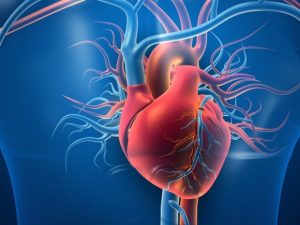New research from Johns Hopkins University leveraging AI in the assessment of imaging scans could help provide a full decade’s worth of warning for those at risk of death from cardiac arrest. Analysis of patterns of scar tissue that progress in a patient over time because of heart disease is the key to this development. That tissue can alter how the heart’s time-keeping electrical pulses migrate to the contracting ventricles; the resulting abnormal rhythms have a substantial chance of becoming dangerous if left untreated. The methodology for this research includes using contrast-enhanced MRI heart scans in tandem with typical cardiovascular-risk data points such as weight, age, race, and prescription drug use.
"Sudden cardiac death caused by arrhythmia accounts for as many as 20% of all deaths worldwide, and we know little about why it's happening or how to tell who's at risk," said Natalia Trayanova, a senior author of a paper published in Nature Cardiovascular Research and a Professor at Johns Hopkins. “There are patients who may be at low risk of sudden cardiac death getting defibrillators that they might not need and then there are high-risk patients that aren't getting the treatment they need and could die in the prime of their life.” The research team indicated that its AI can outperform physicians' predictions, which tend to rely on basic visual assessments of scar features such as total volume and mass. When run against an independent set of testing data from 60 U.S. health centers, the predictions hit an accuracy point of 74%.























